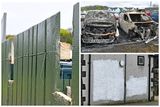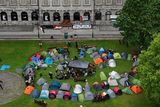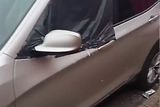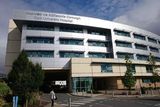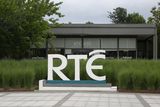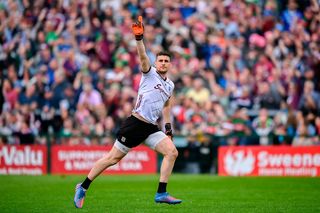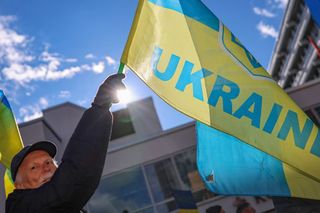Brian Cowen: ‘Personal attacks after Galway think-in were just political muck-throwing’
Former taoiseach speaks to veteran RTÉ broadcaster Sean O’Rouke in new series
Personalised accusations of committing “economic treason” – and being “halfway between drunk and hungover” on radio – were simply muck-throwing, former taoiseach Brian Cowen has said.
In a rare interview with veteran RTÉ broadcaster Sean O’Rourke, Mr Cowen said he had no choice but to put up with the accusations made in 2010 at a low point in the economic recession.
Fine Gael’s Simon Coveney accused Mr Cowen of sounding drunk on a radio interview in September 2010 when Fianna Fáil TDs and senators attended a party think-in ahead of the Dáil term.
Some weeks later, Labour leader Eamon Gilmore used a Dáil debate to accuse the then-taoiseach of “economic treason” over his inclusion of Anglo Irish Bank in the controversial State bank guarantee scheme just days earlier.
Mr Cowen said these and other charges against his integrity were completely unacceptable.
“They were out of order in fairness. Neither charge had any merit. It was part of a ‘throw enough muck at the wall and some of it will stick’ approach. That seemed to be the only logic for a lot of it,” he said.
“And sometimes you have to listen to that when you’re in highly charged political territory. It’s unfortunate – but that’s the way it is,” he added.
Mr Cowen is recovering from serious ill health after suffering a stroke in July 2019.
This rare interview is part of a television and online series called Tribes that looks at the Fianna Fáil and Fine Gael parties that dominated Irish politics opposing one another for a century, but now sharing government.
Mr Cowen (62) said he was pleased the Fine Gael-Labour coalition, which followed a rout of Fianna Fáil in an election in February 2011, continued the swingeing economic policies required to fix the shattered Irish economy.
But he did not believe they would have had the courage to initiate the measures and were grateful that the Fianna Fáil-led Government frontloaded three years of austerity.
The former taoiseach, who also served as finance minister from 2004 to 2008, defended high public spending funded on unreliable construction tax revenues.
He said there was a deal of hindsight at play in these and other judgments of his stewardship and argued that social initiatives such as improving pensions and the health services had been his priority.
“These are things that have to be done now – that the problem is now. You can’t put them back for five years,” he said.
He insisted that every decision he took was aimed at advancing Ireland’s best interests. He said nobody had foreseen the crash and recession that hit in 2008 just as he took over as taoiseach from Bertie Ahern.
The interview goes back to his family roots in Fianna Fáil, his relationship with Albert Reynolds, who gave him his first government job, and relations with Mr Ahern and the late former finance minister Brian Lenihan.
He reflects on experiences in coalition with the Progressive Democrats and Labour.
Mr Cowen stood aside as taoiseach and Fianna Fáil leader in January 2010 and left politics entirely. He said he knew his party would suffer heavy losses in the February 2011 election but never expected it to drop from 77 TDs to just 20.
“I was very upset about it personally. But that was the people’s decision and we stand or fall by their judgment,” he said.
The former Laois-Offaly TD said the party was now rebuilding public trust and had once again led government.
He rejected outright the prospect of a merger with Fine Gael and suggested any potential coalition with Sinn Féin would be for Fianna Fáil TDs and senators to decide in the future, based on the case merits.
Join the Irish Independent WhatsApp channel
Stay up to date with all the latest news
